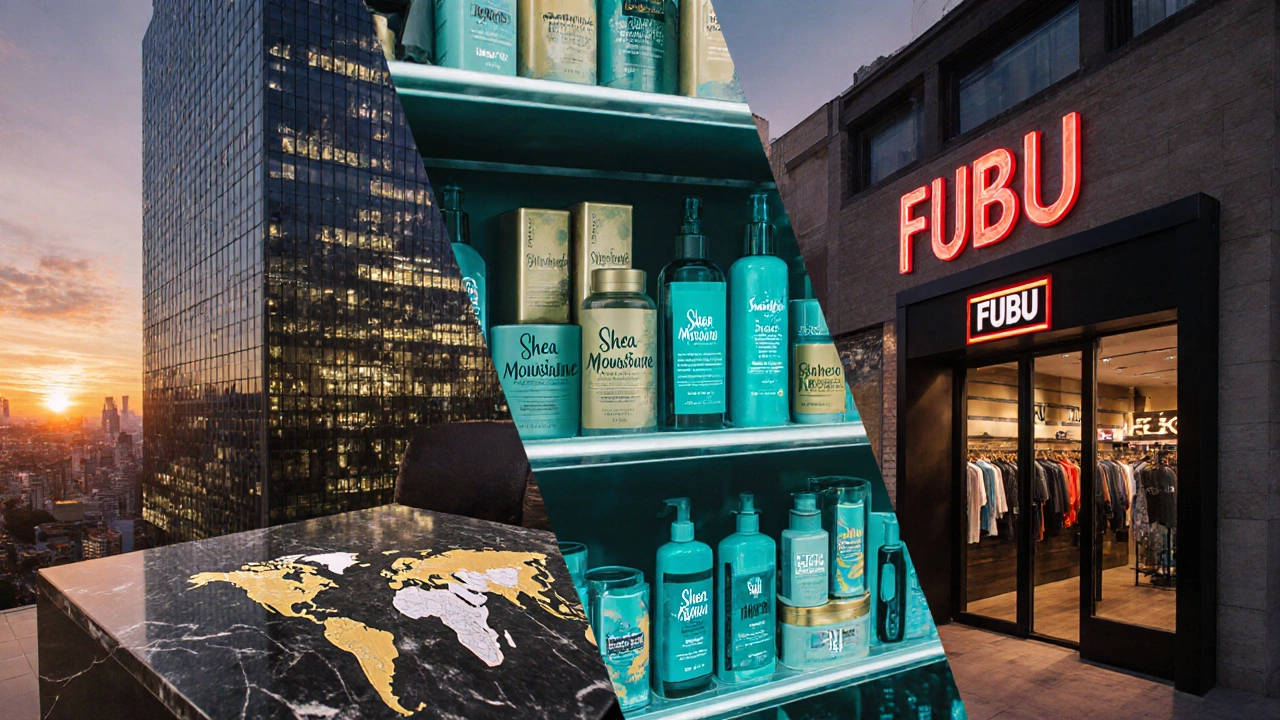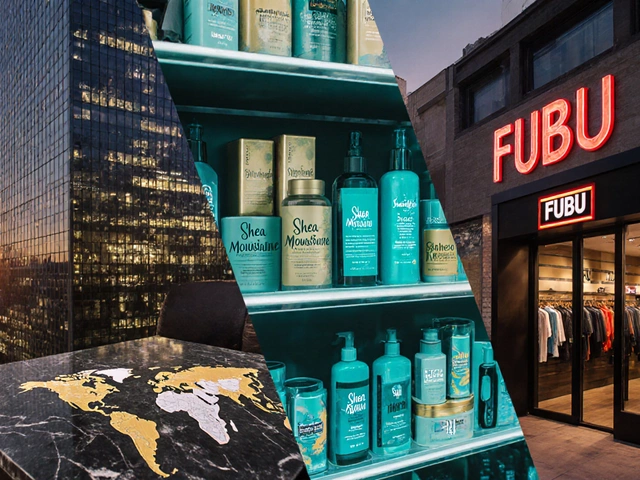Business Success Calculator for Black-Owned Ventures
Assess Your Business Potential
This calculator uses factors from successful Black-owned businesses to estimate your business potential. Input your details to see how you compare to top performers.
When you hear the phrase most successful black‑owned business, you probably imagine a company that’s raking in billions, creating jobs, and shaping culture. The reality is a mix of tech powerhouses, beauty brands, and media legends, each carving a unique path. Below we break down the biggest winners, why they matter, and what you can learn if you’re thinking of launching a home‑based venture.
What qualifies a business as "successful"?
Success can be measured in many ways-annual revenue, market influence, employee count, or cultural impact. For this article we focus on three hard numbers: latest reported revenue (or valuation for private firms), number of employees, and the founder’s story. We also look at the industry’s growth potential, because a booming market can amplify a founder’s advantage.
Top Black‑Owned Companies in 2025
| Company | Industry | Founder | 2024 Revenue / Valuation | Employees |
|---|---|---|---|---|
| World Wide Technology | Technology & Supply Chain | David Steward | US$13billion (2024) | ~8,000 |
| Shea Moisture | Personal Care | Riccardo & Leonell Candelaria (Black‑heritage leadership) | US$300million (2024) | ≈1,200 |
| FUBU | Apparel & Fashion | Daymond John | US$150million (2024) | ≈600 |
| Vista Equity Partners | Private Equity | Robert F. Smith | US$9billion AUM (2024) | ≈500 |
| Essence Ventures | Venture Capital | Adria Richards | US$325million capital deployed (2024) | ≈120 |
| Carol's Daughter | Beauty & Cosmetics | Lisa Price | US$68million (2024) | ≈350 |
| Johnson Publishing Company | Media & Publishing | John H. Johnson | US$92million (2023, most recent public data) | ≈850 |
| Harlem Capital | Venture Capital | Harlem Capital Partners (Jared Moskowitz & Ben Ginsberg) | US$120million assets under management (2024) | ≈50 |
Why these companies stand out
Each of the firms above checks a different box, but they share three common drivers:
- Deep market insight: Whether it’s tech supply chains (World Wide Technology) or natural hair care (Shea Moisture), the founders understood a niche that mainstream players ignored.
- Strategic capital: Vista Equity Partners and Essence Ventures show how access to capital-whether private equity or venture funding-accelerates growth.
- Community credibility: Brands like FUBU and Carol's Daughter built loyal followings by speaking directly to Black consumers, turning cultural relevance into repeat business.

Lessons for a home‑based entrepreneur
If you’re running a side hustle from your living room, you can still borrow tactics from these giants:
- Identify an underserved niche. Look at forums, social media groups, or local community events to spot gaps. The natural‑hair market surged 12% YoY from 2022‑2024, a clear signal for product ideas.
- Validate with real customers early. Shea Moisture started with a small batch of shea butter soaps sold at local farmers’ markets. Today they ship worldwide.
- Leverage minority‑focused funding. Programs like the Minority Business Development Agency (MBDA) grant up to US$125,000 for Black‑owned startups. Vista Equity’s “StartTech” accelerator targets early‑stage founders.
- Build a brand story. Daymond John’s FUBU tagline-“For Us, By Us”-resonated instantly. Your brand narrative can be a hook on Instagram or TikTok.
- Scale responsibly. World Wide Technology grew by reinvesting profit into logistics tech rather than chasing every shiny acquisition.
Common pitfalls and how to avoid them
Even the most successful firms stumble. Here are three avoidable mistakes:
- Over‑expansion before cash flow stabilizes. Some beauty startups flood retailers before securing repeat orders, leading to excess inventory and wasted capital.
- Ignoring data. Companies that don’t track customer acquisition cost (CAC) or lifetime value (LTV) often misprice products. Use free tools like Google Analytics and HubSpot’s starter plan.
- Undervaluing mentorship. Lack of a seasoned advisor can cause strategic blind spots. Tap into networks like the U.S. Black Chambers of Commerce or local SCORE mentors.

Future outlook: where will the next leader emerge?
Digital health, sustainable fashion, and AI‑driven fintech are hot spots where Black‑owned founders are already gaining traction. A 2024 Deloitte study showed that Black‑owned startups in fintech raised 22% more capital than in 2021, suggesting a wave of future unicorns.
Keep an eye on incubators such as Black Founders in San Francisco and Creative Business Cup in Europe-they often spotlight the next big name before the mainstream catches on.
Quick Takeaways
- World Wide Technology leads with $13B revenue; tech remains the biggest cash generator.
- Beauty and personal care brands (Shea Moisture, Carol's Daughter) prove niche authenticity sells.
- Access to capital via minority‑focused funds can accelerate growth dramatically.
- Home‑based founders should focus on niche validation, data‑driven decisions, and storytelling.
- The next breakout sector is likely fintech or sustainable fashion, fueled by AI and ESG trends.
Frequently Asked Questions
Which Black‑owned business has the highest revenue?
World Wide Technology, led by David Steward, reported approximately US$13billion in revenue for 2024, making it the top‑earning Black‑owned company globally.
How can a home‑based entrepreneur access minority‑focused funding?
Start with federal programs such as the MBDA Business Center grants, then explore private accelerators like Vista Equity’s StartTech or Black Founders’ seed funds. A solid pitch deck and clear impact metrics increase approval odds.
What industry shows the fastest growth for Black‑owned companies?
Fintech and digital health are expanding fastest, with a 22% increase in venture capital funding between 2021 and 2024, according to Deloitte’s Minority Business Report.
Can I start a Black‑owned business without a large upfront investment?
Yes. Many top brands began as low‑cost, home‑based operations-Shea Moisture sold handmade soaps from a kitchen. Leverage dropshipping, print‑on‑demand, or digital services to keep overhead low while you test the market.
What’s the biggest mistake new Black‑owned founders make?
Scaling too quickly without validated cash flow. Build a repeatable sales process first, then invest in hiring and inventory.

